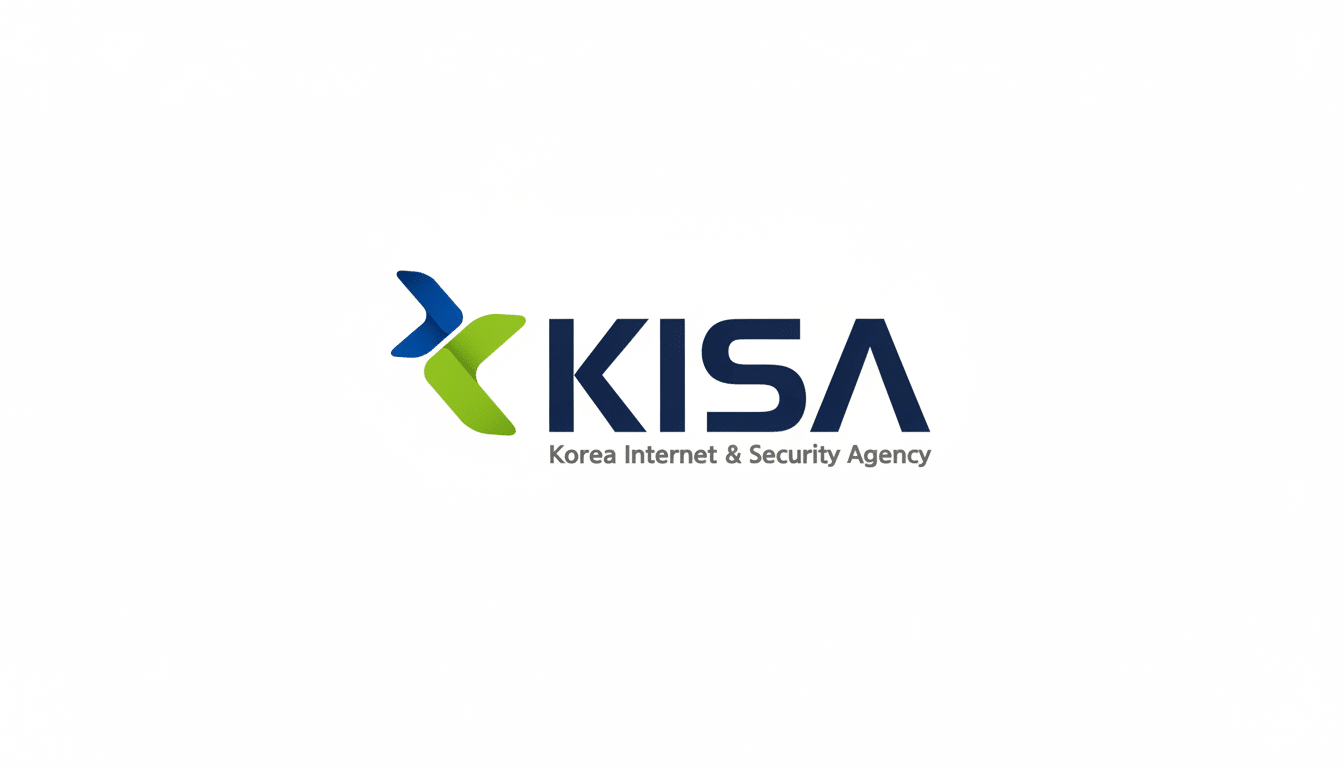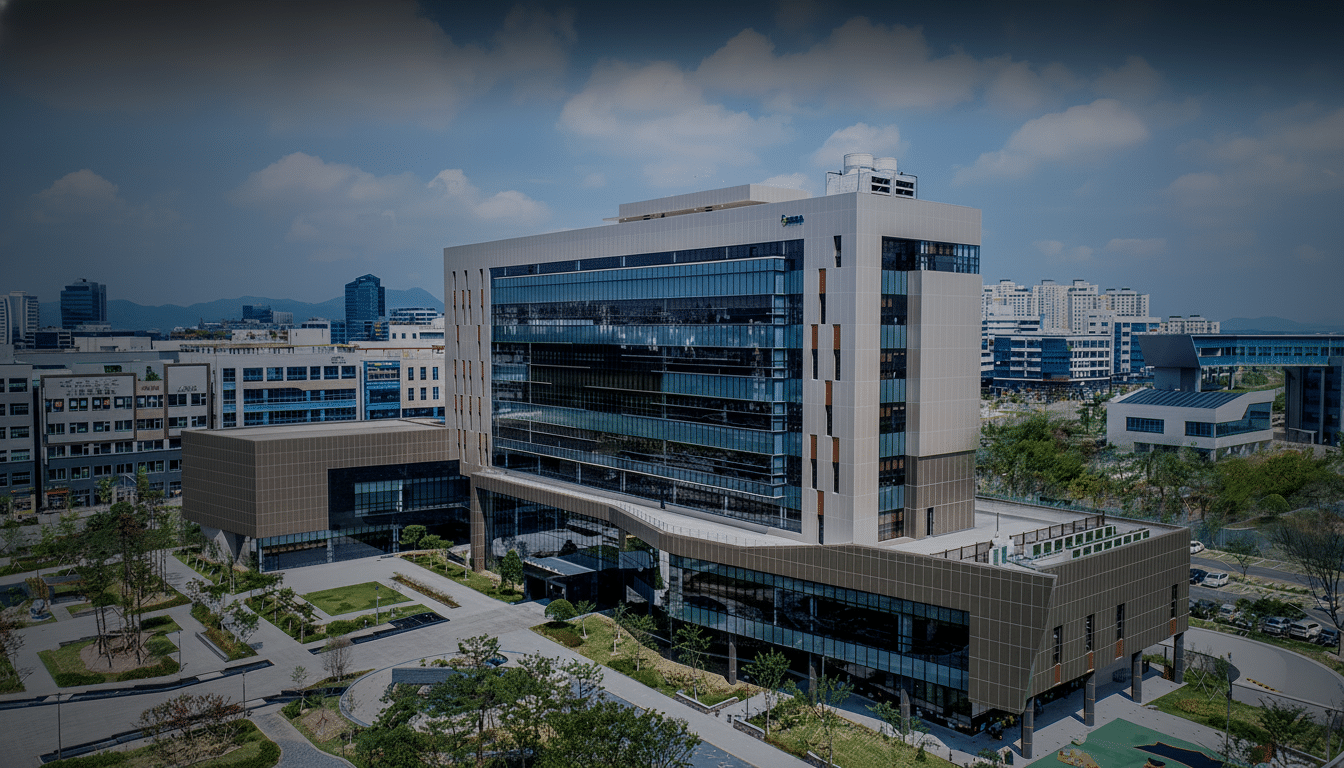South Korea’s digital economy is propped up by some of the world’s fastest networks and most wired consumers. But a drumbeat of major episodes — an effective breach every month, on average — is challenging that notion and forcing an uncomfortable question: Are the country’s cyber defenses made primarily for showpiece connectivity rather than real resilience?
A Breach Pattern That Won’t End in South Korea
From credit card behemoths and telecom carriers to hospitals, start-ups and government agencies, attackers have plucked targets around the map. The playbook includes ransomware in health care, credential-stuffing attacks on consumer-facing platforms and outsourcing data theft for financial gain. A vast leak of card data that revealed personal information about nearly 20 million consumers still provides a cautionary tale, as do hospital breaches in which hundreds of thousands of patient records were compromised and bank- and broadcaster-freezing wiper-style attacks.

The Korea Internet & Security Agency’s KrCERT/CC has issued repeated alerts about the spread of phishing, supply chain and destructive malware along with ongoing double-digit year-over-year trendline increases in ransomware incidents and account hijackings. Security leaders say the steady beat is a symptom of a systemic problem: When it comes to protecting against cyberattacks, “The offense has an advantage,” said Stephen Petroni, one member of the Task Force and founder of CyberWyoming.
Fragmented Oversight Slows Cyber Incident Response
Responsibility is divided between the National Intelligence Service for cyber crisis management in the public sector, the Ministry of Science and ICT overseeing telecoms and internet services, Korea Internet & Security Agency handling incident response and threat sharing, and Personal Information Protection Commission working on data protection enforcement. Kim Yun-oh, the minister of the Ministry of Information and Communication, runs “mass media policy” from his ministry as well as under the Korea Communications Commission and separate sectoral regulators.
And in practice, that patchwork can lead to slow calls on who is in charge, who is responsible for letting the public know and who has authority over companies to do something. Executives may be left juggling dueling requests from multiple authorities, while investigators can find it difficult to obtain timely forensic access. Since no one party is given unambiguous first-responder status, they’ve contended that minor breaches metastasize into national standing offenses as the fanny-pack frontrunners carried on as they fought for control of an “issue” or to outdo one another on who could be the busiest “leaf rack.”
Policymakers have thrown around ideas, including giving investigators independent authority to initiate probes as soon as they become aware of a compromise rather than waiting for formal reports. Groups representing the industries mostly support intervention that’s faster, but they argue that duplicate mandates and lack of clarity on disclosure thresholds could still dissuade timely and transparent reporting.
High-Value Targets, Sophisticated Adversaries
South Korea’s footholds in semiconductors, batteries, autos and defense render its networks irresistible for state-linked operators. The incidents at a nuclear research institute and aerospace contractors highlighted the threat to strategic programs. Financial platforms and crypto companies continue to be hot hunting grounds for North Korea–affiliated groups like Lazarus, with blockchain analytics firms documenting over a billion dollars stolen in a year from global exchanges and DeFi targets, including many serving Korean users.
Attackers more often chain techniques — say, from a spear-phishing email that lands them initially in an environment to moving laterally through living-off-the-land tactics, using combinations of attacks to avoid detection. The increase in contractor and software supply-chain compromises suggests that even relatively well-defended companies can be accessed through less mature associates.

The Talent Gap in Cybersecurity Is Ever Widening
The market for blue-team experts is vastly oversubscribed. As per the recent workforce study by (ISC)², the world’s largest cybersecurity talent gap is in Asia-Pacific and Korean CISOs report there are lingering skill gaps in areas such as incident response, OT security and cloud identity management. Public agencies and operators of critical infrastructure say they have lost experienced analysts to the better pay and faster career paths in the private sector.
When organizations lack sufficient seasoned responders, they fall back to reactive playbooks — isolate, rebuild, notify — instead of proactive threat hunting, purple teaming and continuous control validation. That imbalance in the attackers’ favor is a large part of why countless intruders can still land and stay weeks after an attack, yet both the SOC’s team and that breach-a-month pace continue.
Laws, Penalties, And The Vanishing First Responder
South Korea’s Personal Information Protection Act enables percent-of-revenue penalties for misuse of data, and sectoral rules establish reporting requirements. But checklists of compliance are not crisis playbooks. What remains absent is a single, functioning hub — a 24/7 joint cyber cell — that can take lead custody of incidents, deconflict among agencies (federal, state and local) and press standardized guidance quickly to victims in order for them to stanch damage within hours and not days.
Models exist. The UK-based National Cyber Security Centre and the US Cybersecurity and Infrastructure Security Agency’s Joint Cyber Defense Collaborative serve as such conveners and first responders, matching real-time intelligence with public advisories and technical artifacts. Similarly, a Korean counterpart organized by KISA and synchronized with NIS, MSIT and PIPC as well as the sector regulators — that is guided by clear legal authorities and service-level timelines — would attenuate uncertainty and accelerate triage.
What Success Might Look Like for South Korea
Three changes would significantly bend the curve. The first would require immediate incident intake via a single national portal, and authorize responders to trigger on-site response when impact thresholds are reached. Second, release soon-to-be binding technical guidance from policy directives (as has been done publicly in informing critical sectors of hardening baselines for Active Directory, standards for multi-factor enforcement and patch deadlines for high-severity vulnerabilities).
Third, get serious about investing in talent: subsidize SOC apprenticeships, mandate hands-on labs as part of university curricula and establish rotational fellowships that cycle engineers through government, critical infrastructure and vendors. Transparency is key, too: anonymized post-incident reports collected by KrCERT/CC would, for example, allow defenders to learn faster than their attackers can evolve.
Cue South Korea, with its innovation engine and institutional heft. Until coordination improves and the talent pipeline widens, we can expect more of the same — a new breach each month and a public asking why the digital nation is so hotly run yet secured so unevenly.

